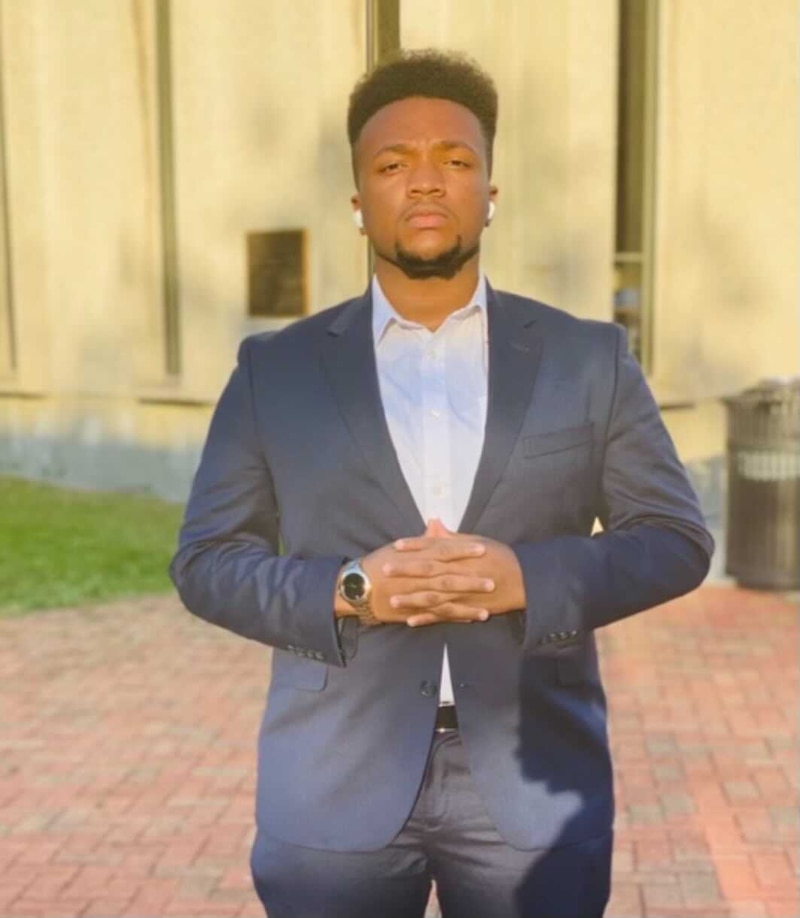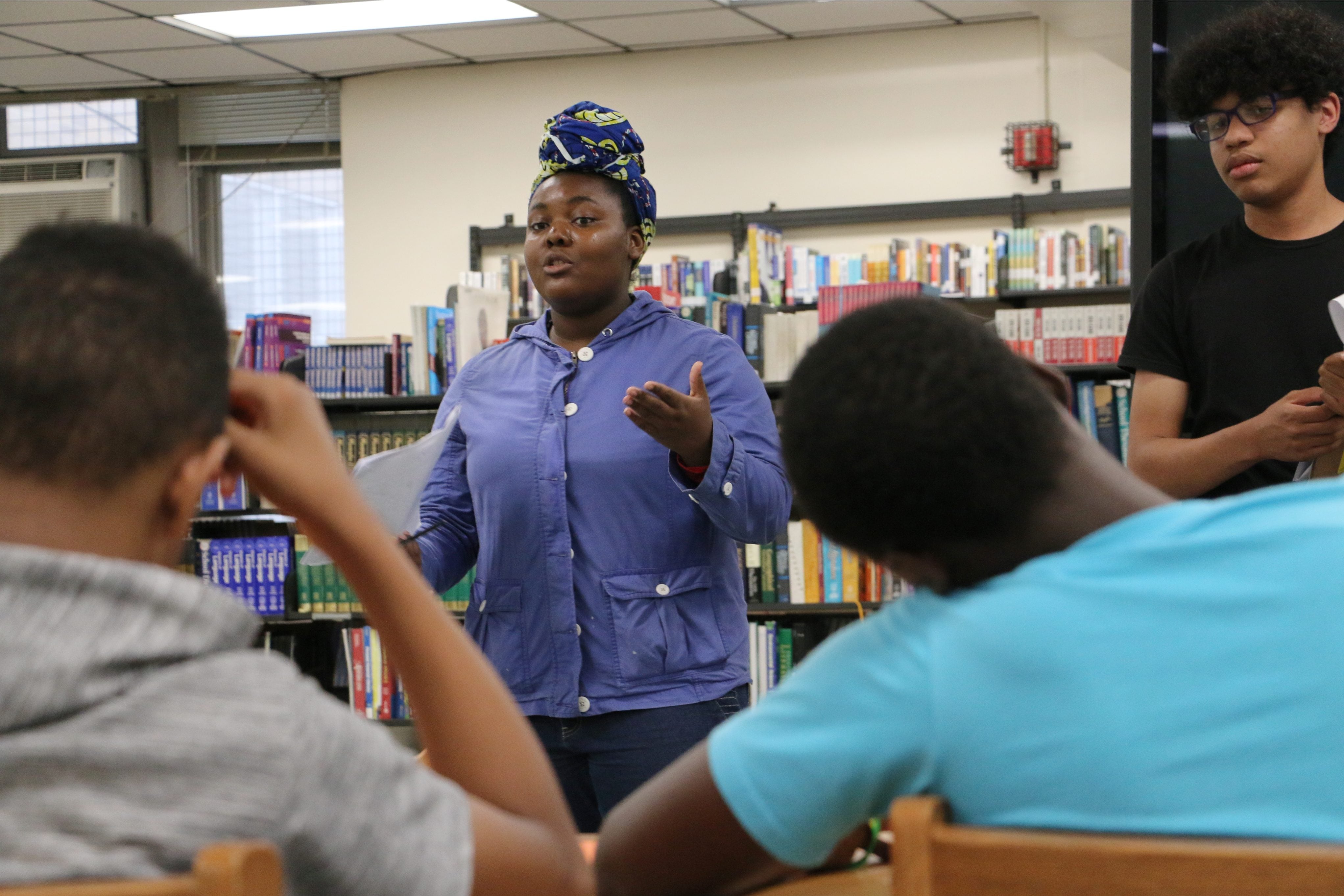Newark high school students could get a seat at the table starting this fall thanks to a policy amendment written by Arts High School Class of 2020 graduate David Daughety.
On Thursday, the Board of Education will take a final vote on that amendment which, if passed, will establish the district’s first Student Governance Committee. The advisory committee would “give students an institutionalized role in shaping decisions that directly affect their education and educational experiences,” the policy reads.
“To some this might be a small thing, but to me and the students of Newark, this is monumental,” said Daughety, 19, a sophomore at Rutgers University-Newark studying political science and public affairs administration.
The proposed policy states that an elected district representative from each of the district’s 17 high schools and each grade level will comprise the committee. Some newer high schools only have a ninth grade at the moment, and so they would have one representative on the committee, while others have grades 9-12, which will allow them four representatives.
The representatives will meet to discuss, among other issues, policies and actions that directly impact their peers, including student transportation, food vendor transactions, curriculum amendments, disciplinary code modifications and more, according to the policy.
Daughety first wrote the policy as a senior in high school when he was a member of the Newark Students Union. The student-run organization, which has been in existence since 2012, hoped the school board would enact the policy but it was tabled at the time, he said.

Recently, school board members reached out to him to see if he could update the policy he wrote two years ago and, on Tuesday, he witnessed the board unanimously pass it on first reading. It was the first time a measure he authored was voted on by a governing body, the aspiring public servant said.
“The way we help students is by listening to students,” Daughety said in a phone call on Wednesday.
As Newark students prepare to start a third school year in the pandemic, he said he feels it’s a pivotal moment to give them a voice as the school board makes major decisions on how to spend millions of federal relief dollars and help students transition to in-person learning full-time.
“This will not only give students a voice but empower them to take back their power as they come back from a year of virtual learning, some falling behind academically, and returning to school at 100% full capacity,” Daughety said. “Students who have been affected by the circumstances of the pandemic will have a seat at the table where they’re planning how we can go forward.”
At Tuesday’s board meeting, trustee A’Dorian Murray-Thomas, along with other trustees, acknowledged the efforts by Daughety and other students to push the policy. Murray Thomas recommended further discussion on Thursday to provide guidance on implementing the policy and elections for the district representatives in the fall.
“It’s clear that this policy is long overdue,” Murray-Thomas said. “It’s important that this committee is actually holding us as board members accountable to what they want.”
Daughety said he’s holding off on celebrating the milestone until after the second vote at Thursday’s meeting.
“The biggest celebration will be when this passes and that empowerment that students across the city will now have,” he said. “It’ll be a win for the students of Newark.”






